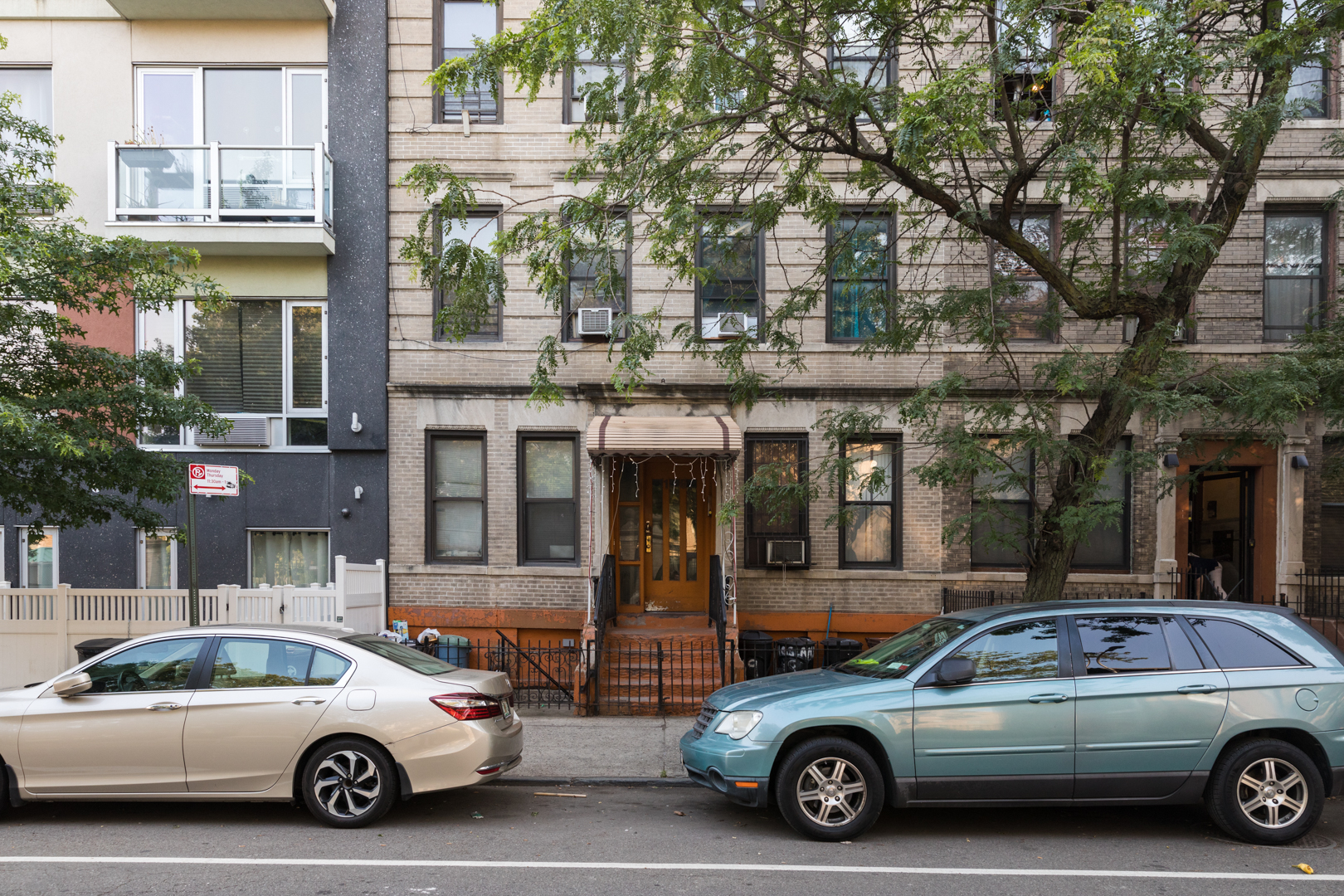Property owners call for city housing program to be shut down in ongoing class action lawsuit

Lawyers representing plaintiffs in a class action lawsuit against an embattled city affordable housing program responded on Thursday to the city’s earlier request that the lawsuit be dismissed, asserting the program is outright illegal.
The plaintiffs asserted that the city — through its Third Party Transfer program — not only deprived homeowners of color their civil rights, but that it also “invented” an illegal “modified in rem” process that snatches properties from owners without due process, according to Thursday’s filing.
Due process is protected under the U.S. Constitution’s 14th Amendment: “… nor shall any State deprive any person of … property, without due process of law.”

Brooklyn Boro
View MoreNew York City’s most populous borough, Brooklyn, is home to nearly 2.6 million residents. If Brooklyn were an independent city it would be the fourth largest city in the United States. While Brooklyn has become the epitome of ‘cool and hip’ in recent years, for those that were born here, raised families here and improved communities over the years, Brooklyn has never been ‘uncool’.